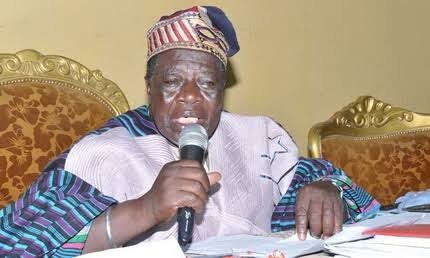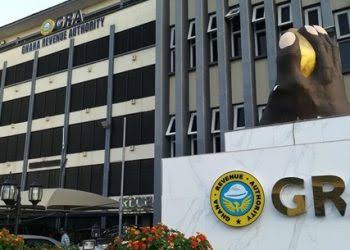Ghana has lost one of its most distinguished traditional leaders and scholars, following the passing of Wulugu Naba Professor John Sebiyam Nabila in October 2025 after a short illness in Accra. He was 85.
A book of condolence has been opened at his private residence in East Legon, Accra.
Professor Nabila, born in 1940, served as Paramount Chief of the Wulugu Traditional Area in the West Mamprusi district of the Northern Region for more than three decades, during which period he became a towering figure in both chieftaincy and national governance.
He held the title of Chief of Kpasenkpe, the maternal home of former Vice President, Dr Mahamadu Bawumia.
He was the traditional authority in communities such as Duu, Nabari, Wulugu, Nameyela, Sariba, Arigu, and Dibsi Arba and many others— in today’s North East Region.
In early October, he enskined the new Chief of Duu.
A celebrated academic, statesman, and development advocate, Prof. Nabila rose to national prominence when he was elected President of the National House of Chiefs, a position he held from 2008 to 2016.
During his tenure, he led reforms to strengthen traditional governance, promote peace, and protect chieftaincy authority. One of his lasting contributions was authoring the National House of Chiefs’ Code of Royal Ethics, which remains a key reference document for chiefs in Ghana.
Beyond chieftaincy leadership, Prof. Nabila made notable contributions to Ghana’s political and academic fields. He served in the Limann administration as Minister for Information and Tourism, and earlier as Minister for Information, Presidential and Special Affairs.
His academic journey was anchored at the University of Ghana, Legon, where he joined the Department of Geography and Resource Development as a lecturer and rose to become an Associate Professor and Head of Department.
He also led the Population Impact Project at the University, and his research and advocacy significantly shaped population policy and family life improvement efforts in Ghana.
With deep commitment to development, he championed community upliftment in the Kpasenkpe traditional area, supporting potable water projects, health equipment acquisition, and educational infrastructure enhancement. His leadership style blended traditional authority with modern development planning, earning him admiration across Ghana.
Prof. Nabila was also a respected voice in national mediation efforts. He played important roles in promoting dialogue during critical national moments, including helping resolve the 2015 impasse between striking doctors and the Government of Ghana.
His service extended to several national and international bodies, including:
Board Member, Ghana National Petroleum Corporation (appointed again in 2017)
Vice Chairman, National Population Council
Member, Legal Affairs Committee, National House of Chiefs
Member, International Union for the Scientific Study of Population
Member, Social Science and Medicine Africa Network
Editor, Bulletin of the Ghana Geographical Association.
Prof’s remains are expected to be transported to Kpasenkpe on 16 November, with burial scheduled for 17 November, in accordance with tradition.
May his soul RIP.






